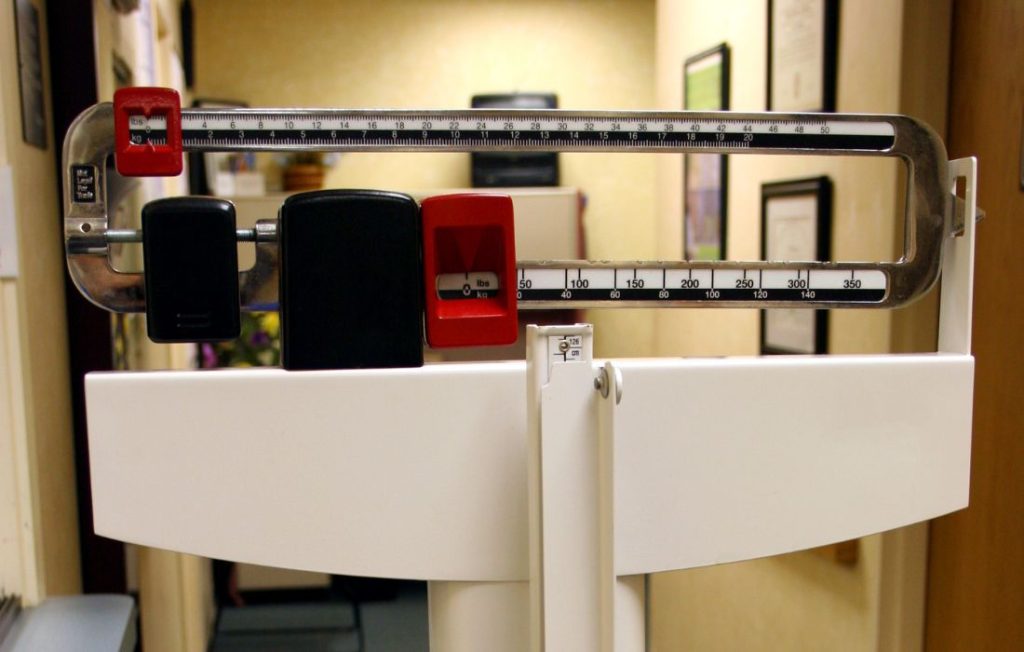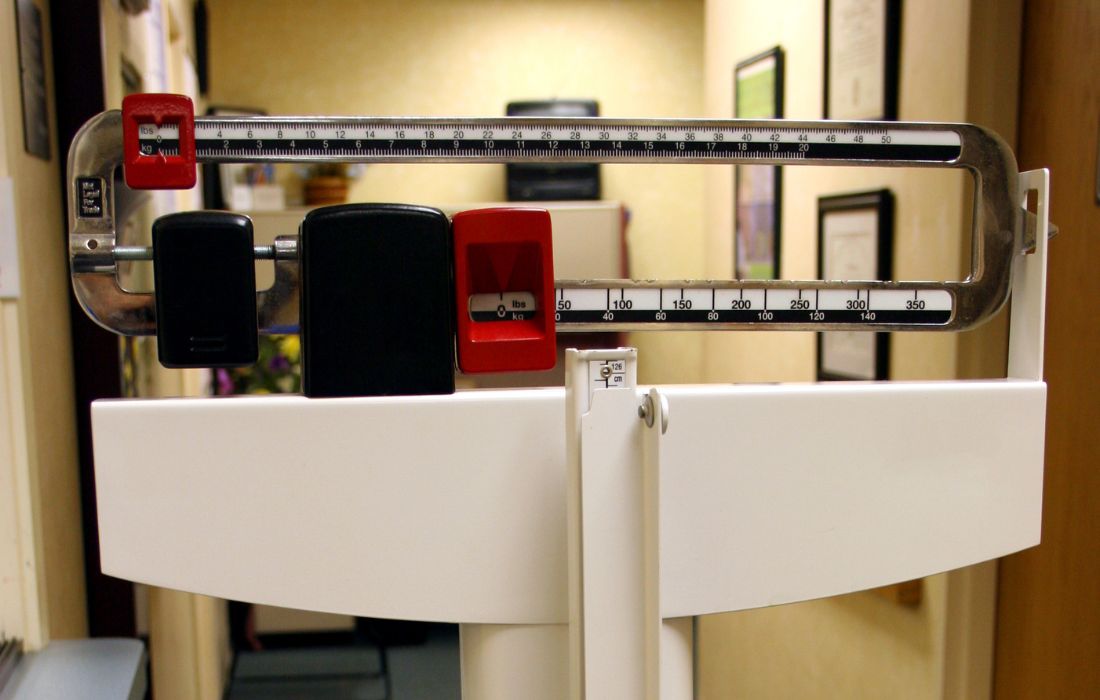Navigating Weight Bias at the Doctor’s Office: A Personal Account
Visiting the doctor is an essential part of maintaining our health and well-being. However, for many people, especially those with larger bodies, doctor visits can become uncomfortable and stigmatizing experiences due to weight bias.
Weight bias becomes evident when healthcare providers excessively focus on a patient’s weight, overshadowing the primary purpose of their visit.
During a doctor’s visit for an eye infection, 71-year-old Kathryn was taken aback as the doctor focused on her weight. He even went as far as suggesting that she would be an ideal candidate for weight loss surgery.

Experiencing Weight Bias at the Doctor’s Office
Kathryn visited the doctor for an eye infection, expecting a quick and straightforward visit. However, things unexpectedly changed when the doctor immediately brought up her weight before even examining her eye.
This doctor questioned whether her primary care physician adequately supported her weight loss efforts. In response, Kathryn shared how she had successfully implemented healthy lifestyle changes over two years, leading to notable yet steady weight loss. She also expressed how this transformation had immensely benefited her and her husband.
Despite Kathryn’s objections, the doctor persisted in recommending weight loss surgery or medications, boasting about his position as the head of weight loss for all of Southern California under her HMO.
Kathryn felt unheard, as the doctor seemed more focused on promoting his approach rather than considering her overall health or the purpose of her visit. Despite sharing her past experiences with other programs offered by the HMO, which resulted in short-term weight loss followed by weight regain, the doctor didn’t appear to take those experiences into account.
Finally, she had enough and directed his attention to her eye infection.
Despite the doctor’s thorough examination, Kathryn remains unconvinced of his diagnosis and is also concerned about the safety of the ointment he recommended for use around her eye.
Throughout the appointment, she felt unheard and disrespected when she asked him to refrain from discussing weight loss interventions, and he kept pushing. Weeks have passed since Kathryn had this appointment, yet she thinks about it daily.
The Impact of Weight Bias
Weight bias in healthcare can profoundly affect a patient’s emotional well-being and willingness to seek routine health care.
Even if the doctor had given Kathryn helpful recommendations, individuals often tend to shut down and ignore the advice when they’ve experienced shaming from their healthcare providers. Such negative encounters can make it challenging for them to remain open to further guidance, regardless of its potential value.
In fact, research indicates that those who feel shame are less inclined to seek routine healthcare and more likely to experience weight gain.
Advocacy Strategies When Confronted with Weight Bias in Healthcare
Here’s how Kathryn intends to advocate for herself moving forward, and these are tips you might find helpful, too.
Clear Communication
In future appointments, Kathryn plans to request that her medical chart include a note indicating that she does not wish to discuss weight loss surgery or weight loss medications. Nor does she ever want to see that doctor again.
Focus on the Main Concern
She will prioritize discussing her primary health concerns first, redirecting the conversation immediately to any issue requiring attention.
Being Weighed is Optional, Not Required
If a future appointment does not require weight measurement, as most don’t, Kathryn knows she has the right to decline to step on the scale.
Reducing Stress
To ensure accurate blood pressure readings, if it’s elevated at the start of her appointment, Kathryn will request to have her blood pressure checked at the end. This will give her sufficient time to relax and speak with her healthcare provider.
Decompress
Lastly, Kathryn takes proactive steps to fully decompress and prevent this traumatic experience from lingering within her. She accomplishes this by confiding in loved ones and sharing what happened with her primary care provider. Additionally, she may choose to send an email to the care provider who caused distress, and she might even consider contacting customer support to file a report about the incident. By taking these measures, she strives to release the burden of the experience and be better prepared for possible future encounters.
Healthcare providers must recognize and address weight bias, ensuring all patients receive the best possible care, free from judgment and stigma.
Kathryn’s experience sheds light on addressing weight bias in healthcare and advocating for patient-centered care. And she hopes to inspire others to be more assertive in seeking the care they deserve.
Don’t miss Kathryn sharing her story in her own words during episode 210 of the Plus Mommy Podcast. As the mother of Jen McLellan, the podcast’s host, she brings a unique perspective and personal insights to the conversation.
Recording & Show Notes: Plus Mommy Podcast Episode 210
Transcript happily provided upon request.








